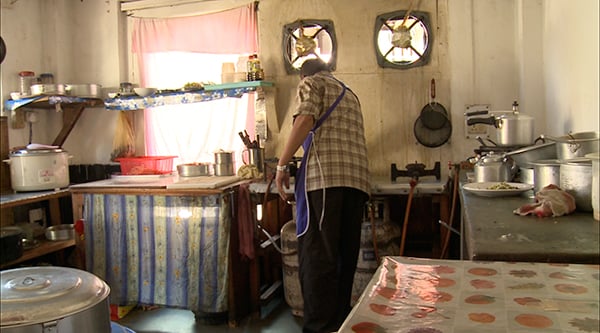 The Ministry of Labour and Human Resources say many employees in service industries are working more than eight hours. But, for the last two years, the ministry has not received a single complaint saying the employees were overworked.
The Ministry of Labour and Human Resources say many employees in service industries are working more than eight hours. But, for the last two years, the ministry has not received a single complaint saying the employees were overworked.
Some working in service industries said raising voice would mean going against their employer.
One such worker, Tshering Drukpa said he hasn’t been paid for the overtime.
Another employee, Jebtsho Rai said there is little awareness among the employees and employers when it comes to the existing law on working overtime.
According to Bhutan’s Labour and Employment Act 2007, no employee is required to work beyond eight hours, the maximum working hours, a day.
The act also says if an employee, below supervisory level, works more than eight hours, they should be paid for overtime. The pay is minimum of the employee’s normal rate of pay.
“Say you get around Nu 200 per day. That divided by eight hours. We get about Nu 10. The overtime calculation is Nu 10 into the number of extra hours you put in,” said the Officiating Chief Labour Relation Officer, Ngawang Norbu.
Some of the employers, BBS spoke to, said they have paid their employees for working overtime. Some were given incentives.
“Sometimes, we pay Nu 80-100 an hour depending on the nature of the work so that both the employer and employees are happy,” an employer, Kuenzang said.
However, some say there isn’t a need to pay their employees for the overtime as their work is seasonal.
But, the ministry says the moment an employee enters his workplace, it means they have started working.
The ministry has prioritised inspections of private sectors, such as service industries, as they require more interventions.
They have asked, especially the medium and small service industries, to come up with shift system for the employees.
The directive has garnered mixed response from the employers.








